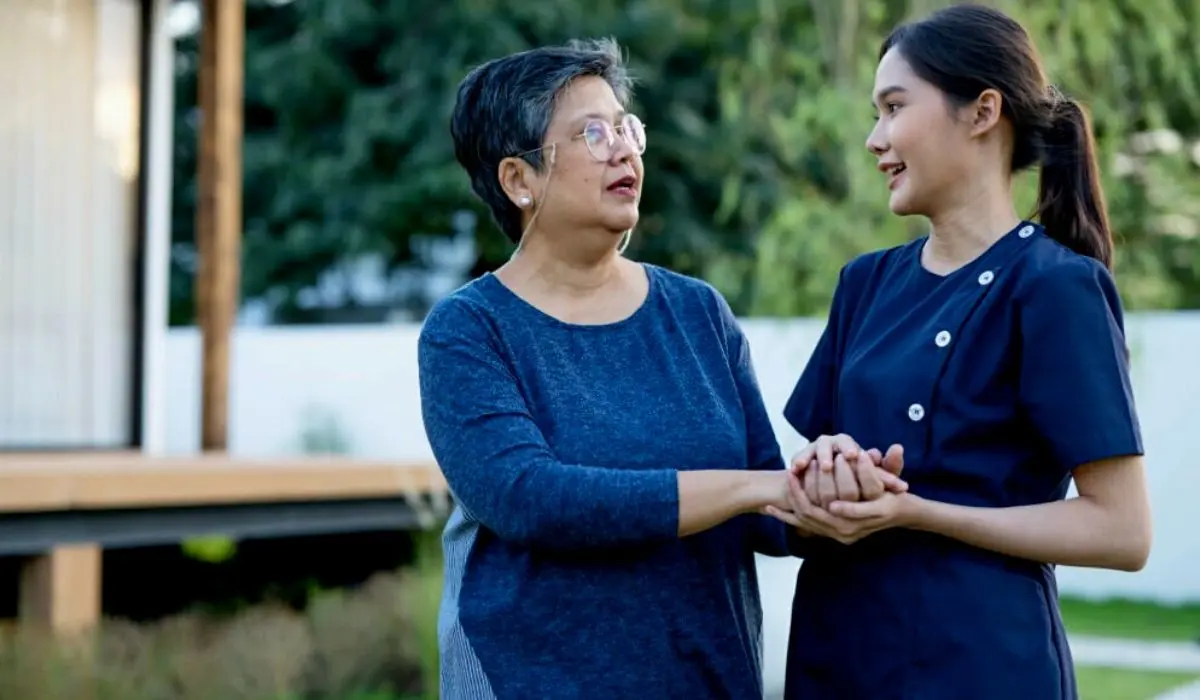It is extremely difficult to battle a life-threatening illness on your own. It can lead to a lot of distress, anxiety, fatigue, pain, and can have a huge effect on the finances of the family funding the treatment of the illness, which in most cases is terminal.
So, with palliative care, these patients may be able to get a better quality of life. Palliative care is seen as a multi-disciplinary approach that aims to perk up the quality of life of all patients who are battling diverse challenges associated with life-threatening or terminal diseases, like cancer, Stage 3 and 4 diabetes and Stages 3, spine injuries and Stage 4 AIDS, amongst others.
Palliative care is one that is not discriminatory. So, children and even the elderly are not left out.
Why Is Quality Of Life In Palliative Care Important?
According to the definition of palliative care by the World Health Organisation, the primary objective of this type of care is basically to improve the quality of life of the patients facing these deadly illnesses by using a multifaceted approach.
It first begins with an assessment which is seen by experts as one of the most important aspects of this type of care. This is because it is through the assessment that one is able to identify the patient’s overall condition, be it physical, psychological, social and even spiritual conditions of that patient and what care combination type would improve their quality of life.

This assessment is not a one-cap-fits-it-all matter. It is patient-centered. This means it can be adjusted to suit an individual patient at a time, and also, experts have said that an assessment carried out at the beginning of palliative care may change to suit the patient’s new reality as the conditions of the patient improve.
Also, these assessments must be both objective (scientific) and subjective (observatory) and there must be an established relationship or correlation of these two domains.
To get an accurate assessment may begin by having a good doctor-patient relationship. Patients only open up to healthcare workers they feel comfortable with, people they know would not judge them for asking too many questions or seeking better treatment during the management of the illness in question.
The economic stats, educational qualifications, socio-economic strata, age and things like the person’s religion or spirituality or the lack of it are also important.
Some other factors to look at may include the lack of economic status as a result of poverty, rejection, social isolation, stigmatisation and physical symptoms like pain, stress and fatigue.
If this is properly done, it would be the beginning of successful psycho-social support for the patient. Palliative care assessment provides ample time for decision-making and encourages self-efficacy and a sense of ownership when it comes to making decisions about the patient’s life and how it affects their own individual value system.
Although palliative care is a philosophy-based approach to caring for patients, it deals squarely with attitudinal concerns and not physical facilities of the health care centre.
The WHO, in 2002, extended palliative care to include the active and total care of patients passing through immense suffering as a result of the illnesses they are suffering and how early identification and assessment followed by treatment of the symptoms which may include pain another physical and psycho-social problems can improve the patient’s quality of life and that of their families.
Most developed and developing economies know that palliative medicine for the improvement of the quality of life of a patient battling a chronic life-threatening disease is essential. Some have included it in their treatment packages for these patients to enjoy pending their recoveries if and when they do.
The primary aim of palliative care, according to its proponents, is to make sure that when one is battling a life-threatening illness, he/she does not lose their quality of life or that of their family. It even extends to issues around death, grieving and bereavement if need be.
Read More:- Senior Fitness: Staying Active In Later Years – Know More!
It underpins the concept of reducing all forms of pain (be it mental, spiritual, physical, or psychological) till the end of an illness is seen. This also addresses issues around symptom control and pain management for terminally ill patients.
According to WHO, the primary aim of palliative care is to prevent and treat the symptoms of non-curable diseases as total care thereby improving the quality of life of sufferers till they are done battling the illness which most times ends in death.